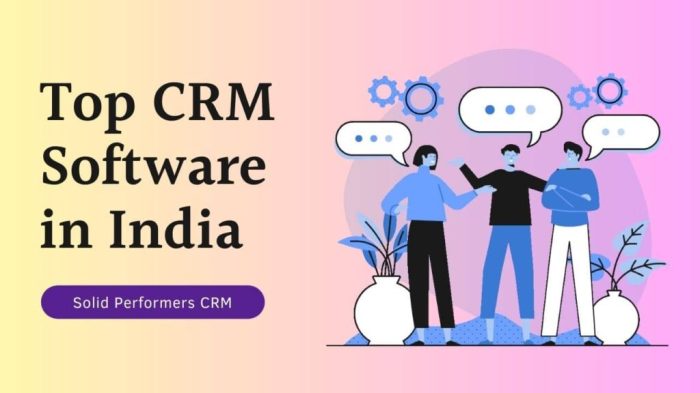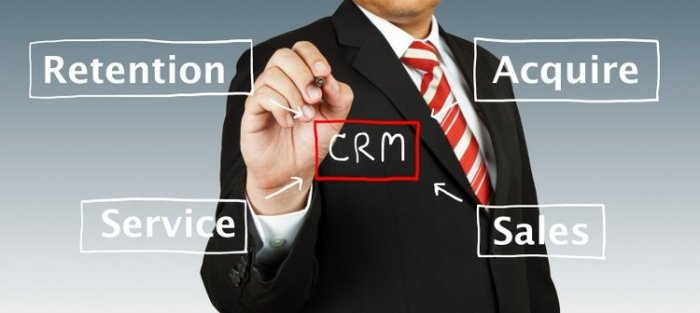In today’s competitive moving industry, efficiency and customer satisfaction are paramount. Managing leads, scheduling moves, tracking inventory, and maintaining client relationships can quickly become overwhelming without the right tools. This is where moving company CRM software steps in, offering a centralized platform to streamline operations and boost your bottom line. This comprehensive guide will explore the key features, benefits, and considerations when choosing the best CRM for your moving business.
Understanding the Importance of CRM for Moving Companies
A Customer Relationship Management (CRM) system is more than just a contact list; it’s a strategic tool that helps moving companies manage every aspect of their business, from initial contact to post-move follow-up. A robust CRM system specifically designed for the moving industry addresses the unique challenges faced by relocation professionals. This includes managing complex scheduling, tracking multiple moving crews, handling diverse inventory, and ensuring seamless communication with clients.
Key Benefits of Implementing a Moving Company CRM:, Moving company crm software
- Improved Lead Management: Capture leads from various sources (website forms, phone calls, referrals) and nurture them through the sales pipeline efficiently.
- Enhanced Customer Communication: Maintain consistent and personalized communication with clients throughout the moving process via email, SMS, and phone calls.
- Streamlined Scheduling & Dispatch: Optimize crew assignments, manage routes, and minimize downtime with integrated scheduling tools.
- Inventory Management: Track items, prevent damage, and ensure accurate billing with comprehensive inventory management features.
- Automated Reporting & Analytics: Gain valuable insights into business performance, identify areas for improvement, and track key metrics (e.g., conversion rates, customer satisfaction).
- Increased Efficiency & Productivity: Automate repetitive tasks, freeing up valuable time for your team to focus on higher-priority activities.
- Improved Customer Satisfaction: Provide exceptional service through proactive communication and efficient move management, leading to increased customer loyalty and positive reviews.
- Better Sales Forecasting: Predict future revenue based on lead generation and conversion rates.
Essential Features of Moving Company CRM Software
While the specific features may vary between different CRM platforms, several core functionalities are essential for moving companies:
Core CRM Features:
- Contact Management: Store and manage detailed client information, including contact details, moving dates, inventory lists, and special instructions.
- Lead Tracking & Management: Capture leads from various sources, track their progress through the sales pipeline, and automate follow-up communications.
- Scheduling & Dispatch: Manage crew schedules, optimize routes, assign jobs, and track real-time progress.
- Inventory Management: Create detailed inventory lists, track items throughout the moving process, and minimize the risk of damage or loss.
- Document Management: Store and access important documents such as contracts, invoices, and insurance information securely.
- Communication Tools: Integrate email, SMS, and phone capabilities to maintain consistent and timely communication with clients and crews.
- Reporting & Analytics: Generate reports on key metrics such as lead conversion rates, customer satisfaction, and revenue.
- Integration with Other Software: Seamless integration with other business tools, such as accounting software, mapping services (Google Maps API), and payment gateways.
- Mobile Accessibility: Access the CRM system from anywhere, anytime, using mobile devices (iOS and Android).
Choosing the Right Moving Company CRM Software
Selecting the appropriate CRM depends on several factors, including your company’s size, budget, and specific needs. Consider the following aspects:
Factors to Consider When Choosing a CRM:
- Scalability: Choose a CRM that can grow with your business as your needs evolve.
- Ease of Use: Select a user-friendly interface that is intuitive for your team to learn and use efficiently.
- Customization Options: Ensure the CRM can be customized to meet your unique business requirements.
- Integration Capabilities: Check for seamless integration with other software you currently use (e.g., accounting software, mapping services).
- Customer Support: Choose a provider with reliable customer support to address any issues or questions promptly.
- Pricing & Features: Compare different CRM options based on pricing models (e.g., subscription-based, one-time purchase) and available features.
- Security & Data Privacy: Ensure the CRM provider adheres to industry best practices for data security and privacy.
Popular Moving Company CRM Software Options
Several reputable software providers offer CRM solutions tailored for the moving industry. Research and compare different options to find the best fit for your business. (Note: Specific software names are omitted to avoid bias, but a simple online search for “moving company CRM software” will yield many results.)

Source: solidperformers.com
Frequently Asked Questions (FAQ)
- Q: How much does moving company CRM software cost? A: Pricing varies significantly depending on the provider, features, and number of users. Expect to pay a monthly or annual subscription fee.
- Q: Can I integrate my existing software with a new CRM? A: Many CRMs offer integration capabilities with popular accounting software, mapping services, and other business tools. Check the provider’s specifications to ensure compatibility.
- Q: How long does it take to implement a CRM? A: Implementation time varies depending on the complexity of the system and your company’s size. Expect a period of training and data migration.
- Q: What if I need technical support? A: Reputable CRM providers offer various support channels, including phone, email, and online documentation. Look for providers with responsive and helpful support teams.
- Q: Is CRM software only for large moving companies? A: No, CRM software benefits businesses of all sizes. Even small moving companies can leverage the efficiency gains offered by a well-chosen CRM.
Conclusion
Investing in moving company CRM software is a strategic move that can significantly improve efficiency, customer satisfaction, and profitability. By streamlining operations, enhancing communication, and gaining valuable insights into your business, a well-implemented CRM can be a game-changer for your moving company. Take the time to research your options and choose a solution that aligns with your specific needs and budget.
Call to Action: Moving Company Crm Software
Ready to transform your moving business? Explore the available CRM options today and discover how the right software can help you achieve your business goals. Contact a reputable provider for a consultation and demo.
FAQ Guide
What are the key features of moving company CRM software?
Key features typically include contact management, scheduling and dispatch, lead generation and tracking, quote management, document storage, reporting and analytics, and potentially integration with other business tools.
How much does moving company CRM software cost?
Pricing varies significantly depending on the features, scalability, and vendor. Expect monthly subscription fees ranging from basic packages to more comprehensive enterprise solutions.
What is the best moving company CRM software?
There is no single “best” CRM. The optimal choice depends on your company’s specific needs and budget. Research different options and consider free trials to determine the best fit.

Source: trionds.com
How long does it take to implement moving company CRM software?
Implementation time varies depending on the complexity of the software and the company’s existing systems. Expect a timeframe ranging from a few weeks to several months.
Can moving company CRM software integrate with other business tools?
Many CRMs offer integration capabilities with other software such as accounting systems, marketing automation platforms, and communication tools. Check the vendor’s specifications for compatibility.
